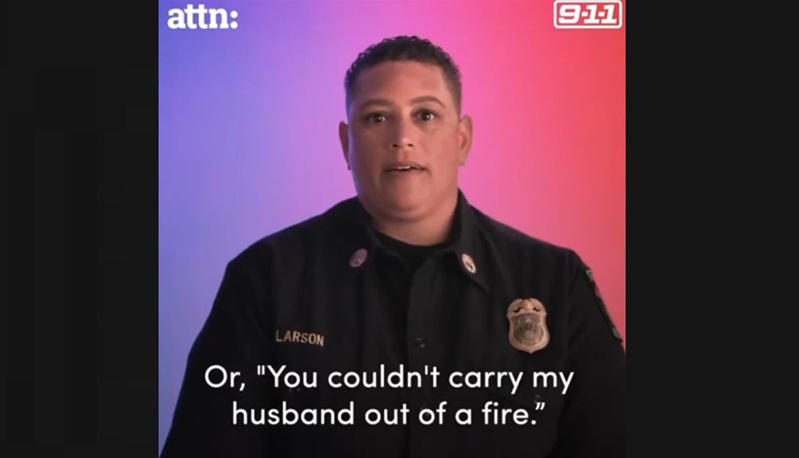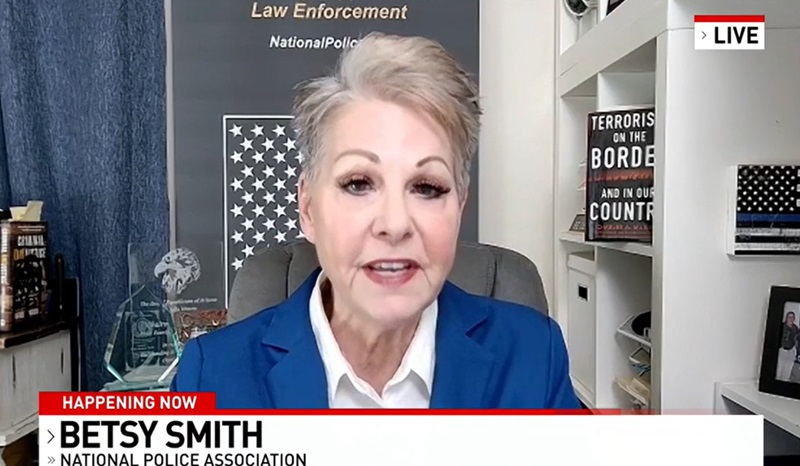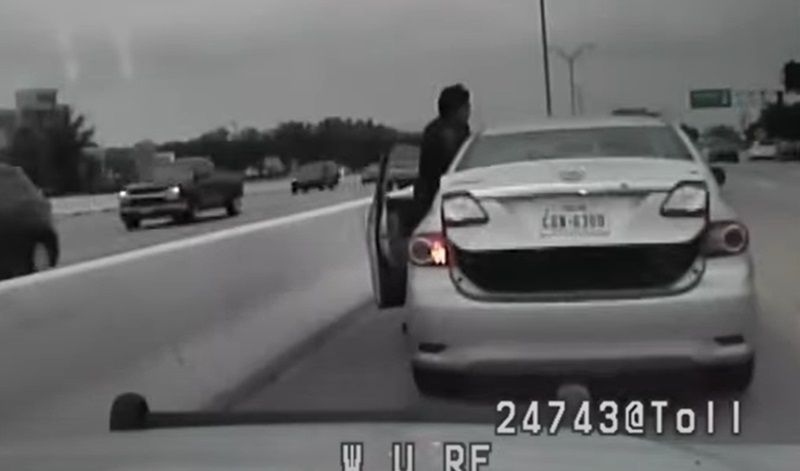
By Steve Pomper
What is constitutional policing? The concept may sound daunting, but it’s really simple. It’s coppin’ with American liberty—and everything that represents—uppermost in mind. In my first book, I wrote about a Dutch cop who did a ride-along with us. My partner and I were discussing whether we should stop a driver we saw commit a minor traffic violation. From the backseat the Dutchman said, “You mean you need a reason to stop people?” The Netherlands is hardly an authoritarian nation—but they don’t have our Constitution.
We briefly explained the Constitution and Bill of Rights and how it protects the people from government overreach. “Law enforcement in a free country isn’t supposed to be easy,” I told him. He saw needing a reason as a weakness. But we could tell he was thinking about what we’d said about constitutional policing.
And while policing in a free country shouldn’t be easy, people who either hate cops or don’t understand how law enforcement works shouldn’t make it harder either. Because, frankly, police work can look really bad to non-cops.
“The last few years have been difficult for police.” The website PowerDMS noted, “After several high-profile, controversial cases of police use-of-force, distrust of police has been at an all-time high.” But many of these incidents are not controversial until the radical left makes them controversial. Radicals today are still all “hands up, don’t shoot,” during demonstrations, long after Ferguson, even though President Barack Obama’s DOJ found that didn’t happen.
How could public opinion not be poisoned when the mainstream media incessantly amplifies the anti-cop mythology created by hate groups like Antifa and BLM? When a cop hears constitutional policing,” there is no mystery or confusion. That’s because this policing at the core of the oath that cops swear upon becoming officers, deputies, troopers, etc. For the radical left, constitutional policing is just another redefined term deployed for propaganda purposes.
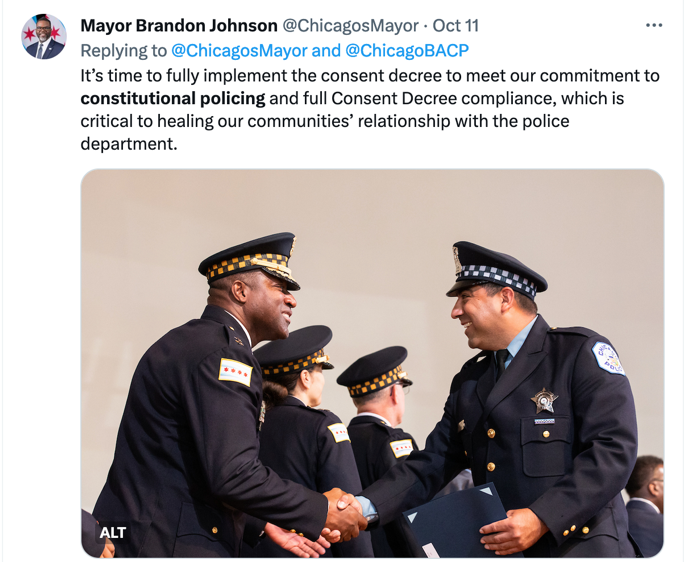
Mayor Brandon Johnson demonstrates this redefinition by linking constitutional policing with “full compliance” with a bogus federal consent decree. Although, I do give the Marxist mayor credit for hiring Supt. Snelling, I still wonder about his motivation. Guess we’ll see how long he allows a police leader endorsed by the police union prez to allow his cops do real police work.
The PowerDMS definition reads, “At its most fundamental, constitutional policing is legal policing. Law enforcement agencies and officers are beholden to the U.S. Constitution, state constitutions, court decisions, and other federal, state, and local laws and regulations. Constitutional policing operates within the parameters set by those documents, regulations, and court rulings.”
Essentially, the intent behind constitutional policing is to protect Americans’ unalienable rights. Today, that can be trickier than ever. Both the political right and left, until recently, agreed on basic First Amendment-based civil rights like freedom of speech, press, and religion. But the right still believes in the Second Amendment as protecting an important civil right—the right to life through self-defense with firearms.
Tragically, the left has lost its affection for the First Amendment through its embrace of woke censorship, cancel culture, and an unequal prosecution regime.

Most American law enforcement officers are already committed to constitutional policing, even if some of their political leaders are not. Establishing policies that don’t allow cops to enforce certain laws against certain protected classes is not constitutional policing. Equal justice, which cops believe in, is constitutional policing.
When the radical left’s defund-the-police, DEI disguised as police training, and police “reform” laws collapse, fortunately, the remaining cops will attempt to return public safety to its former esteemed and effective status (if there are enough of them left to do it). But that will involve better educating the public about what cops do.
But we must battle the criticisms of cops, which are unique to the law enforcement profession.
Law enforcement is the only profession where:
- people blame all employees nationwide for what one employee does in their town or in a city thousands of miles away.
- people are not interested in what those who do the job have to say about how to do the job.
- people who’ve never done the job feel they know better how to do it than those trained to do it (with the possible exception of sports coaches).
- you can be disciplined, fired, or even prosecuted for doing what your employer-provided training taught you to do.
- the people responsible for passing laws that employees will enforce, set those employees up as bad guys. Usually with laws that have little, if anything, to do with true public safety.
Remember, constitutional policing and traditional police haven’t changed. What’s changed is the radical left adopting a modern form of Marxism. And as with the 20th Century communists, we can see it’s not working this time either. The evil ideology must finally be sloughed onto Ronald Reagan’s, “ash heap of history.”
One heartening sign that got me thinking about constitutional policing, is the comments from the new superintendent of the Chicago Police Department, Larry Snelling. I don’t know much about Supt. Snelling except that he and I both started our law enforcement careers in 1992, though taking vastly different trajectories. Him climbing the ranks in the Windy City, and me remaining a street cop, my writing pissing off some people who climbed those ranks, in the Emerald City.
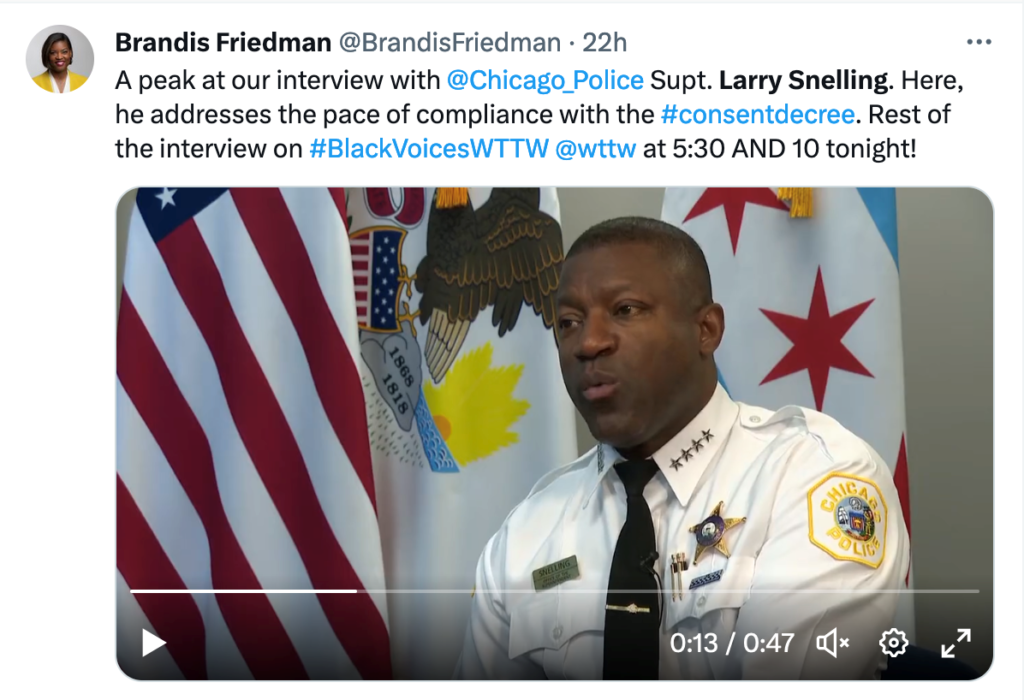
Supt. Snelling brought up constitutional policing when commenting on the challenges of his new position. With Chicago’s custom of anti-police politicians running that city, when I saw a new CPD superintendent announcement, I half-yawned-half-cringed. How would he be any different? Even his predecessors who tried to restore a semblance of the rule-of-law to Chicago got sacked.
Still, some of Supt. Snelling’s comments captured my attention, and are worth spreading around. According to Officer.com, what Supt. Snelling said reflects the NPA’s mission to educate the public about what cops do and why and how they do it. Now, these are only his words, which must be consummated by actions, but they are encouraging.
“‘I don’t think we’ve done a very good job of explaining what real constitutional, proactive police work looks like,’ Snelling said Tuesday. ‘The way that we balance this is to, one, be transparent about what we do. Sometimes, police work does not look good. But if we can explain the constitutionality of stops, of our interactions with individuals, I think it’ll be a lot more palatable for those who just don’t understand what they’re looking at.’”
YES! YES! YES!
Sorry for yelling, but why are those words so hard to say? Why are those things so hard to do? They must be because we still celebrate when someone says or, especially, does them. The NPA has worked diligently on its public information campaign, explaining a cop’s job. But the radical left doesn’t want you to understand how law enforcement must perform to be effective. But cops and pro-police advocates can use more top cops like Supt. Snelling—if he practices what he’s preaching.
But the hate-mongers don’t want you to believe anything the cops do is justified. And, though they are the minority, they are helped by good people who are simply ignorant about police work and hop on an occasional anti-cop bandwagon. They’re not necessarily anti-cop, but they just don’t know what good police work looks like. I think these are the people Supt. Snelling is talking about reaching.
A good sign, according to WGN Radio, is the Chicago FOP Lodge 7 (police union) President John Catanzara approves of Supt. Snelling. He said, “At this time in the department’s history, and how bad morale was shattered under the previous administration… it’s [Snelling’s appointment] a breath of fresh air.”
I also wish the CPD superintendent well in meeting his new challenge. And I hope city leaders let him do his job, that city voters elect leaders who will let him do his job, and that everyone will ignore those who try to stop him from doing his job.



